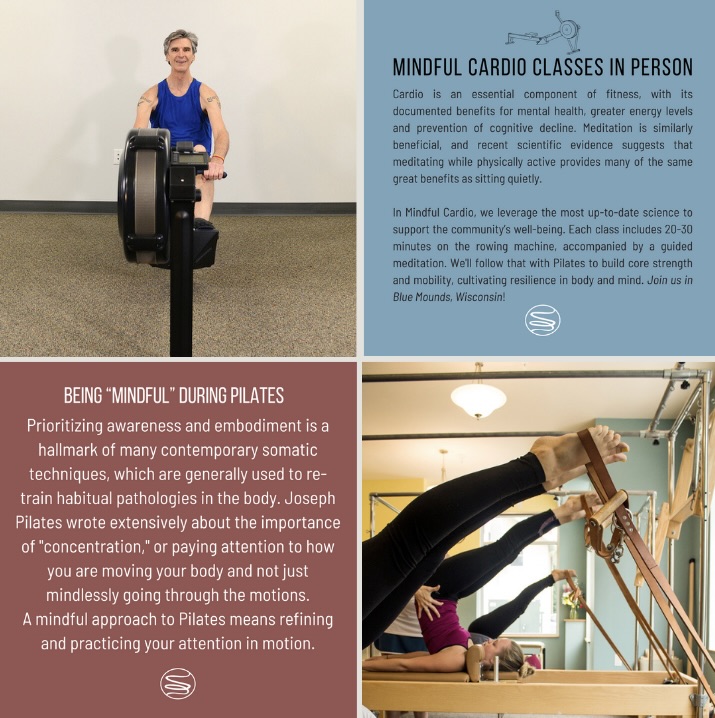Mind Training and Healing the Body
The mind and body are inextricably intertwined. I think we all have a sense of this, though many aspects of modern medicine still treat the body without significant consideration of the mind. This may seem like a glaring oversight, though many of the triumphs of modern medicine, such as the near-eradication of many childhood diseases thru immunization, are the result of prioritizing evidence-based treatments. While I think many of us know that the mind is a powerful influencer of our healing force, it’s hard to quantify the degree to which this is true. In short, there is a need for more evidence supporting the power of mind-training to facilitate healing the body.
 |
| I hold mind-training to be as important as physical training in optimizing wellbeing. |
It turns out that nearly all ACL reconstructions lead to a measurably successful outcome. What does measurably successful mean? It means that measurements of strength, flexibility, ability to withstand stressors are all at or above pre-injury levels. Particularly within athletes, the ability to hop, twist, bend and laterally load their knee is pretty much the same whether someone identifies as ready-to-play or feels sidelined by their injury. The treatments are virtually the same, though how can the outcomes be so different?
I’m interested in seeing whether mind-training, specifically a mindfulness practice, moves the proverbial needle on recovery from ACL reconstruction. We know from prior studies that mindfulness practice reduces levels of harmful inflammation in the body. Mindfulness practice also helps practitioners reframe negative experiences in a way that reduces negative self-talk. Practicing mindfulness can also help manage the symptoms of anxiety and depression. Can a mindfulness practice help people recovery more satisfactorily from a major injury like a torn ACL? Stay tuned.



Comments